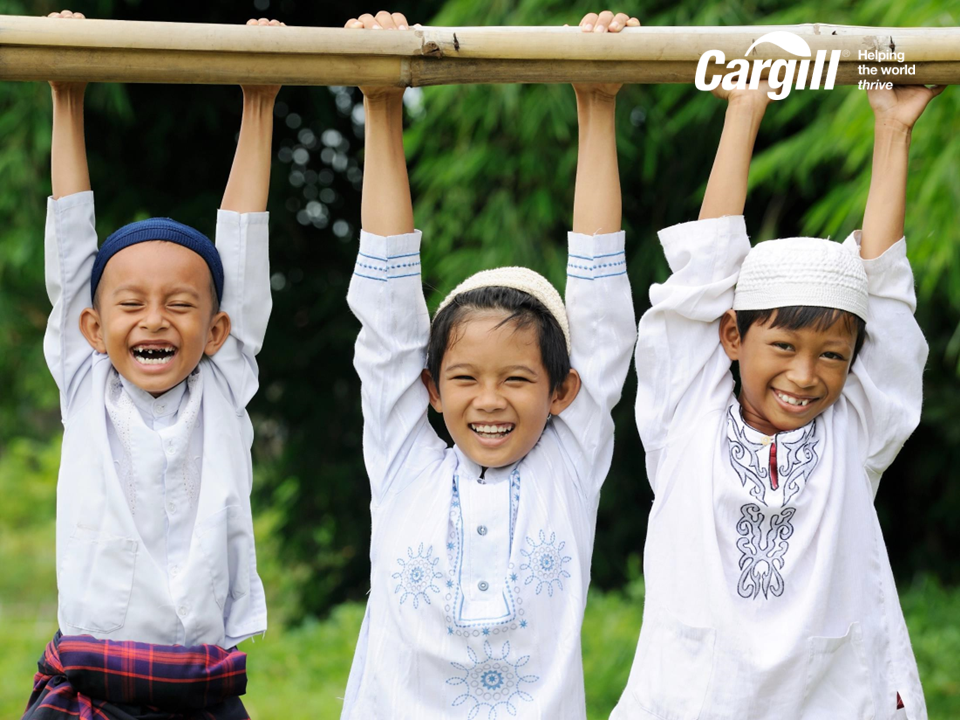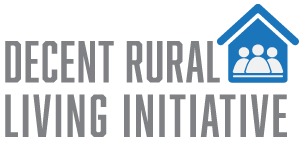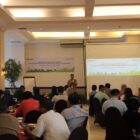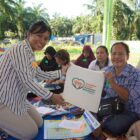12 April 2023, on the platform Zoom

During the DLRI’s 3rd sharing session, Cargill discussed its experience and practices in relation to Child Rights and Business Principles (CRBP). Cargill emphasized its core values: Do the Right Thing, Put People First, and Reach Higher. The company firmly believes that a sustainable supply chain should prioritize respect for human rights. It recognizes the significant role that all actors in the supply chain – including industry, government, and NGOs – must play in improving the welfare of people in rural areas by increasing incomes, preventing illegal and abusive treatment of children and adults, and eliminating forced labor.
Cargill also believes that respecting and protecting human rights must include eliminating discrimination, promoting equal rights, and complying with legal and regulatory labor rules.
To implement CRBP effectively, the company has developed policies and clear documents related to the issue. These policies and documents serve as guidance and are regularly used for training and dissemination. This has helped to raise awareness and adoption of CRPB among Cargill employees. Additionally, Cargill ensures compliance through regular monitoring and assessments (audits). The company has a long-standing commitment to supporting children, women, and workers’ rights, and has participated in UNICEF-RSPO CRBP Pilot Project programs. These programs have helped Cargill gain a deeper understanding of existing child protection practices and the challenges that indicate areas for improvement.
Cargill presented its comprehensive CRBP implementation which covers various areas, such as pregnancy or maternity rights, breastfeeding rights, nutrition and health services, housing conditions, sanitation, water, hygiene, childcare, educational access, child labour and young workers.
However, challenges arise in different locations where CRBP is implemented. These challenges range from geographical limitations and poor infrastructure or conditions where employees live and work, to limited early age education (PAUD) knowledge among caregivers. There are also technical issues such as a shortage of classrooms and school buses for children.
Cargill believes that CRBP can be a win-win solution through which companies and employees can create a healthy and productive working environment. Engaging UNICEF-RSPO in the CRBP program has provided opportunities to improve performance and contribute to the better growth and development of Indonesia’s youth in the future.
During the discussion, it was highlighted that partners should complement and strengthen each other’s efforts. While child rights protection may fall under different divisions within each company, the concern for child protection remains the same. At Cargill, child protection falls under the responsibility of the HR department, aligning with the company’s “put people first” value. In the implementation, however, HR works closely with the sustainability team to ensure certain human rights are protected.
In terms of recruiting individuals with disabilities, Cargill has actively promoted diversity, equity, and inclusion over the past five years. This goes beyond gender, background, and ability and includes creating opportunities for disabled individuals to be recruited.
Throughout the program implementation, Cargill identified ways in which alignment with local government can be determined from the outset and works in coordination with the local government, particularly the health department and manpower office to address existing limitations.
The discussion also raised concerns about ensuring the implementation and transformation of sustainability best practices, especially in protecting children’s rights in the supply chain.
Cargill emphasizes the importance of industry stakeholders, including associations, NGOs, and the government. The DRLI must be well known by stakeholders so that all parties can actively work together to create better working conditions for workers and children.
By learning from the challenges faced by partners, the DRLI could make a significant impact and address these challenges. The common problems faced by DRLI partners have given rise to synergy which, in turn, has led to collective action by the DRLI.
The Decent Rural Living Initiative (DRLI) is a pre-competitive collaboration by five leading palm oil producers – Cargill, Golden Agri-Resources, MM, Sime Darby Plantation, and Wilmar. These Anchor Partners are working together, and with relevant experts and stakeholders, to develop long-term practical solutions that benefit rural workers in the palm oil industry, with an initial focus on Indonesia.



